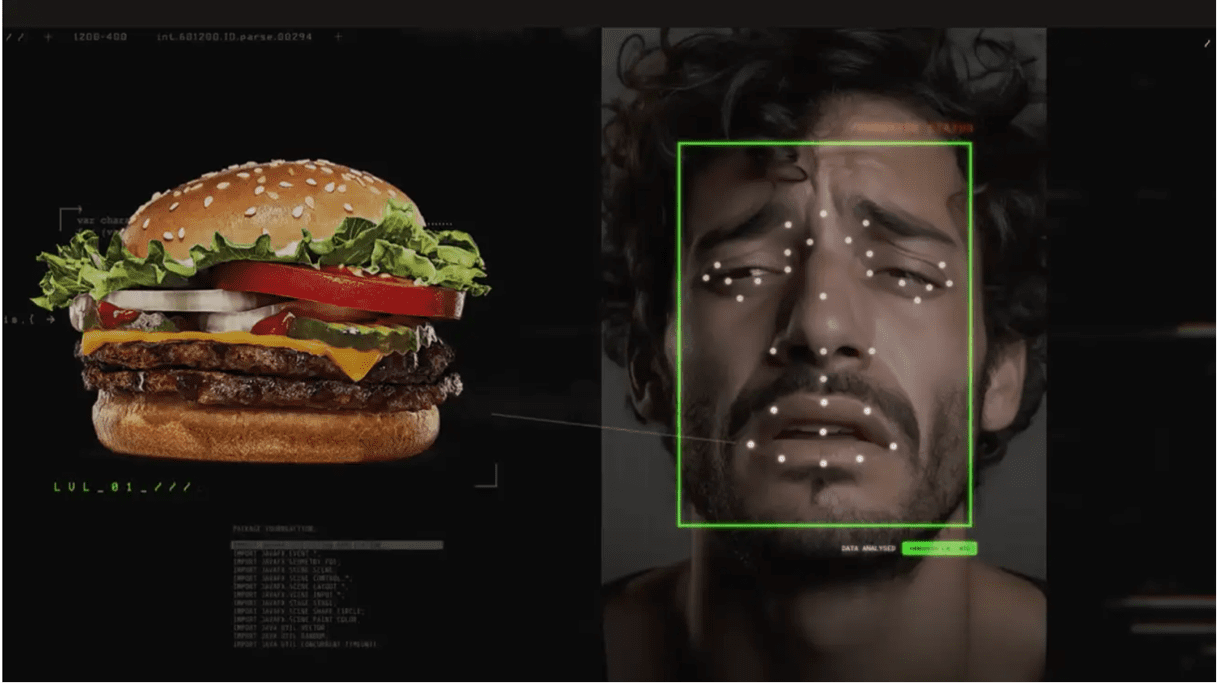In this week’s Our Take: Are these Tik-Tok trends promoting gender stereotypes? A brand that cares how bad your hangover really is. Drug drones are in the air. And research reveals the key to success on social media.
Stirring up stereotypes
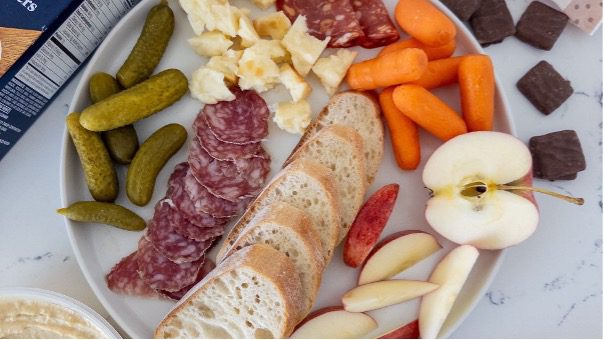
A recent article from the BBC explored Tik Tok trends that are, in the eyes of some users, reinforcing gender stereotypes.
We’ve all seen #girldinner, #girlmath and Roman Empire trending, and while the light-hearted content seems harmless in itself, the deluge of these gender-based trends hints at a greater issue. Gender stereotypes are alive and well.
The Beeb’s article features commentary from social media users:
On the #girldinner trend, Morgan Fargo, a Cosmopolitan writer said: “While those ‘meals’ might not represent the wider diet of each individual, it begs a larger question: why are we celebrating women under-eating, further entrenching diet culture and instilling deeply unhealthy body ideals?”
Olivia Maher, creator of the #girldinner trend said; “You absolutely do not have to be a girl, woman, anybody can enjoy girl dinner. It’s, ‘I’m not cooking, I’m not functioning as a perfect role model of society, I just want my crackers and cheese because I’m not that hungry tonight – I don’t need the full protein and veg’.”
With this content quite popular amongst Gen Z, a generation typically opposed to heteronormative gender stereotypes, the article offers an interesting insight into trends and how society can make or break them.
A whopper hangover
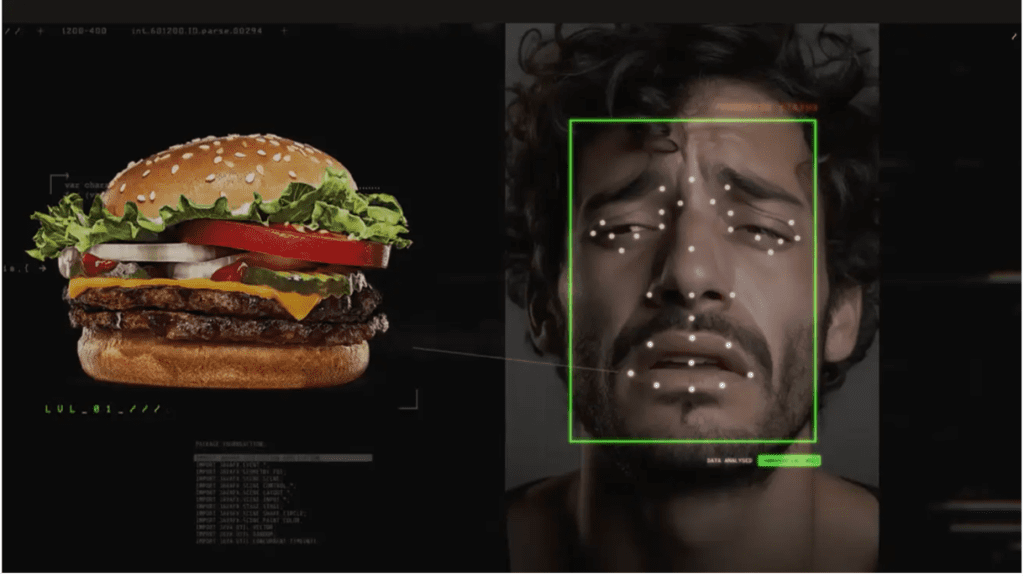
It’s not often that too many drinks the night before will benefit you the morning after, but Burger King has flipped that on its head by rewarding their hungover customers with a Whopper discount.
For peak hangover season, between Christmas and new year, the burger giant scanned the tired, dehydrated faces of their morning customers and used AI to analyse just how hungover they were. The more hungover, the bigger the discount.
Sadly the promotion was only available in Brazil, but still, we like to see people rewarded for entirely self-inflicted pain. It’s not the first time BK has used AI technology in their marketing stunts and it likely won’t be the last, but we do hope the next one is available in Ireland.
DRUG DRONES
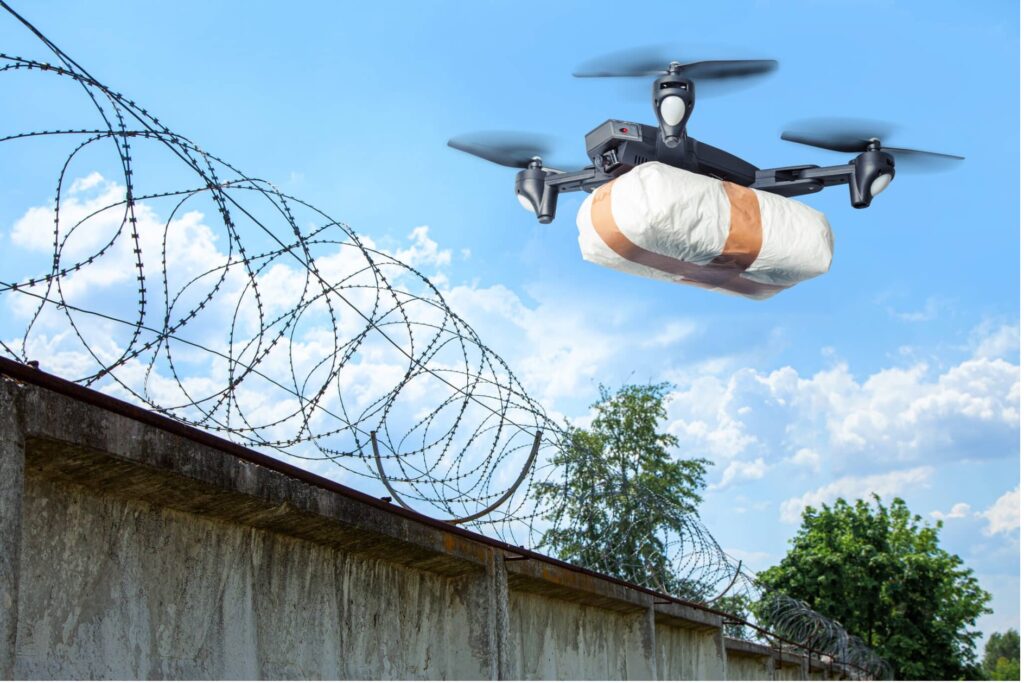
As drone tech becomes commonplace, we are seeing our friendly neighbourhood flying robots used to deliver essentials like clothing, fast food… and class A drugs.
A recent article from Vice.com revealed that police in India have intercepted over 107 drones that are smuggling drugs from gangs based in Pakistan.
And India is not the only country suffering from a class-A blitz. In Canada, nearly 75 percent of prison contraband seizures were attributed to drone drops with 700 drone-related incidents in two years.
We’re big fans of how tech is used to make everyone’s lives better, but we draw the line at robo-trafficking.
A SOCIAL MEDIA AD-VANTAGE
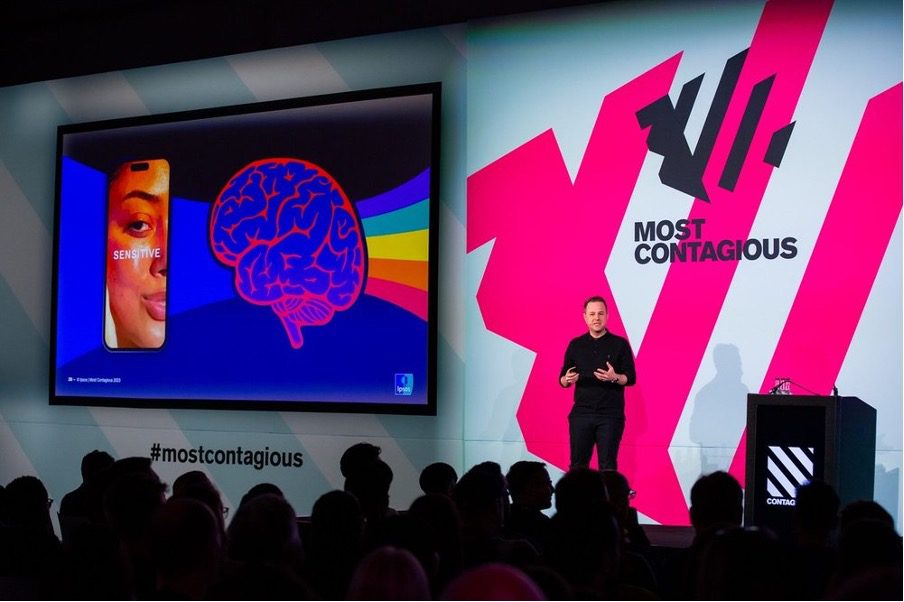
According to research from Ipsos, the key to successful social video advertising in 2024 is entertainment AND empathy. The study found that impact is created less by the initial experience and more so the feelings and values viewers take away from the content.
Ipsos surveyed up to 2000 video campaigns surveying the ads and gauging the types of experience they created for viewers. The results showed that longevity was more likely achieved when social videos had the ability to make people feel something or had an empathetic angle. It also found that campaign videos that consistently hit this mark garner up to 20% more sales than those that don’t.
The research also suggests that watch time does not determine the impact of a video – music to brands’ ears considering our shortening attention spans!
There is a growing appetite for authenticity, rawness and emotional relatability. While social media has become more and more like one continuous ad-break, this insight has the potential to change the way brands engage on social.
